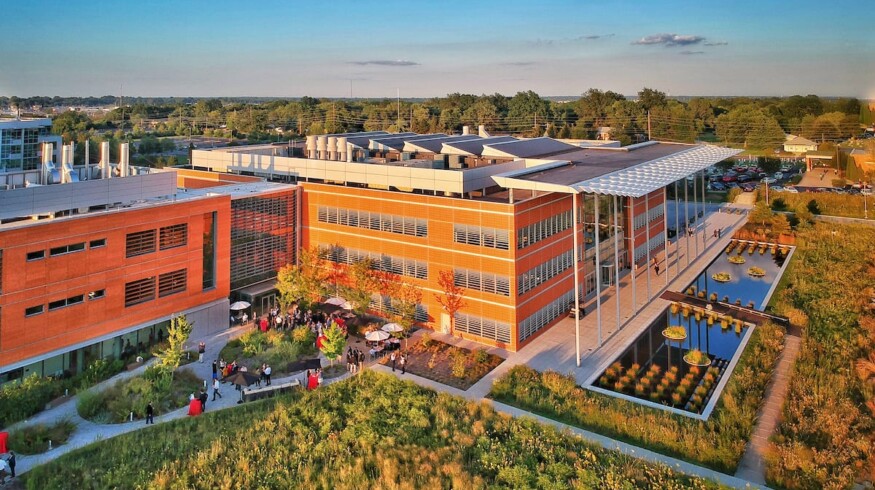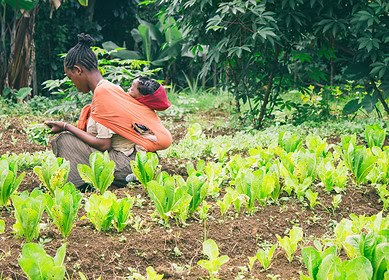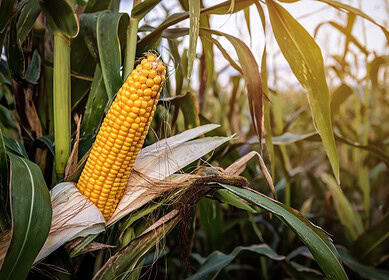Danforth Center and Ethiopian Institute receive teff development grant

The Bill & Melinda Gates Foundation has awarded a $4.9mn grant to the Donald Danforth Plant Science Center and the Ethiopian Institute of Agricultural Research (EIAR) to advance their work on teff (Eragrostis tef), an African cereal crop that plays a crucial role in the diet of over 80 million Ethiopians.
The grant will facilitate research to further refine gene-edited semi-dwarf and lodging-resistant teff varieties under a range of conditions, both in greenhouses and across multiple field locations. It aims to reinforce lodging-resistant traits in previously enhanced breeding lines, while introducing new genetic edits to varieties preferred by local farmers at EIAR. The initiative will also cover the training of Ethiopian scientists in cutting-edge, cultivar-independent transformation and editing techniques.
Teff is the main cereal crop grown in Ethiopia, and is celebrated for its versatility and drought resistance. However, in spite of its importance, teff cultivation is challenged by low yields and the absence of mechanization, primarily due to lodging—the collapse of the plant stem—which complicates harvesting and results in significant annual production losses.
This new funding aims to address these challenges by building upon previous successes in teff gene editing, which have produced semi-dwarf lines that are 10-50% shorter than traditional varieties, and are less likely to suffer lodging. These advancements promise to transform teff farming, making it more efficient and potentially mechanizable, thereby supporting the livelihoods of smallholder farmers and contributing to food security in Ethiopia.
Dr. Getu Duguma, a senior research scientist at the Danforth Center and principal investigator, highlighted the potential impact of the grant: “By leveraging genome editing technology, we can meet a long-standing need of breeders for semi-dwarf lodging-resistant lines. This initiative brings us closer to delivering practical solutions to farmers.”
Dr. Dejene Girma, director of Ag-Biotech Research at EIAR and principal investigator of the project, expressed optimism about the project’s impact on teff cultivation and the opportunity it provides for capacity building within Ethiopia: “This project promises to modernize the traditional practices of teff husbandry, significantly enhancing food security and empowering our researchers to develop and deploy lodging-resistant teff lines to our farmers.”
Enjoyed this story?
Every Monday, our subscribers get their hands on a digest of the most trending agriculture news. You can join them too!

















Discussion0 comments